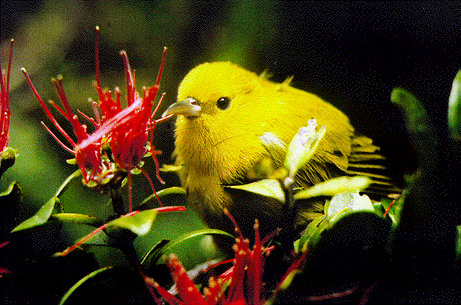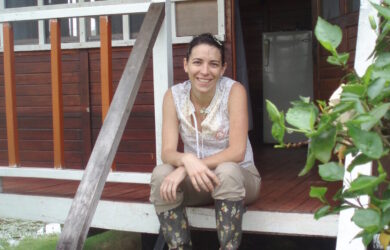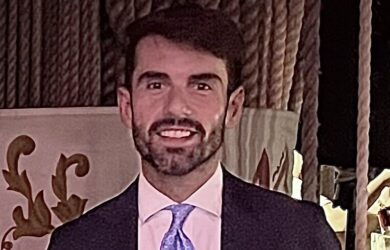
Four Gates Cambridge Scholars will present their research at an internal symposium next week.
Four Gates Cambridge Scholars will present their research on mapping dengue fever, treating different forms of dementia, understanding how Neanderthals may have aided human adaptation and turning the tide on species extinction at an internal symposium next week.
The symposium takes place from 7-9pm on 20 January in the Gates Cambridge Scholars Common Room.
Speakers include:
Leah Katzelnick [2012] who is doing a PhD in Zoology. She will talk about how she is creating antigenic maps to help in the treatment of dengue fever. Dengue viruses infect about 400 million people each year and half a million people suffer from life-threatening complications, including hemorrhage and shock. There are four main dengue viruses types, and each is thought to be ‘antigenically distinct’, meaning it is recognised differently by the immune response. A unique property of dengue viruses is that protection against one dengue virus may actually make a subsequent dengue infection with a different type much more severe, says Leah. However, the scientific understanding of these interactions between serotypes is limited, especially for currently circulating dengue viruses. Leah states: “I will describe how my work using a technique called antigenic cartography helps us to ‘see’ dengue viruses from the perspective of our immune systems, and understand which viruses may pose the greatest risk of disease when infected again.”
Elijah Mak [2013], who is doing a PhD in Psychiatry. His talk is entitled Neuroimaging in dementia: Differentiating Lewy body dementia from Alzheimer’s disease. Dementia is a progressive disorder of memory loss, affecting up to 800,000 people in the UK. One of the more common dementia subtypes is Lewy body dementia, which shares overlapping clinical symptoms with Alzheimer’s disease. Consequently, misdiagnosis is common and, says Elijah, this poses serious challenges for treatment and prognosis. He will discuss recent findings highlighting the promising role of neuroimaging to aid in the clinical differentiation of both conditions.
Evelyn Jagoda [2014], who is doing an MPhil in Biological Anthropological Science. Her research focuses on how interbreeding between ancient humans and hominins may have helped humans adapt better to new environments. She says: “When modern humans left Africa, they faced environmental obstacles for which their millennia of adaptation in Africa left them sorely unprepared. To survive in these new climates, they had to adapt and acquire physiological adaptations. They may have been aided in this process by an unlikely source, archaic hominins such as the Neanderthals. These populations, as well as the more ancient Homo erectus, had been living throughout the world in harsh climates long before modern humans arrived.” She adds that the process of interbreeding with these now-extinct hominins may have given humans genes which helped in their adaptation to new environments.
Pepe Clarke [2014], who is doing an MPhil in Conservation Leadership. His talk, Building global conservation capacity, will focus on his research on species extinction and conservation. Over the past 40 years, the World Wide Fund for Nature estimates that wildlife populations have declined by 52 per cent around the world. Pepe says: “Turning the tide on species extinction and habitat loss demands a sustained increase in the capacity of conservation organisations to deliver effective conservation programmes and advocate for positive change.” He will be working with the world’s largest conservation partnership – BirdLife International – later in the year to review their capacity development programmes, which aim to build the effectiveness and resilience of 120 national conservation organisations around the world.
*Picture: The endangered Magumma parva (syn. Hemignathus parvus), Alakai Wilderness Preserve, Kauai, Hawaii. Credit: USGS and Wiki Commons.












